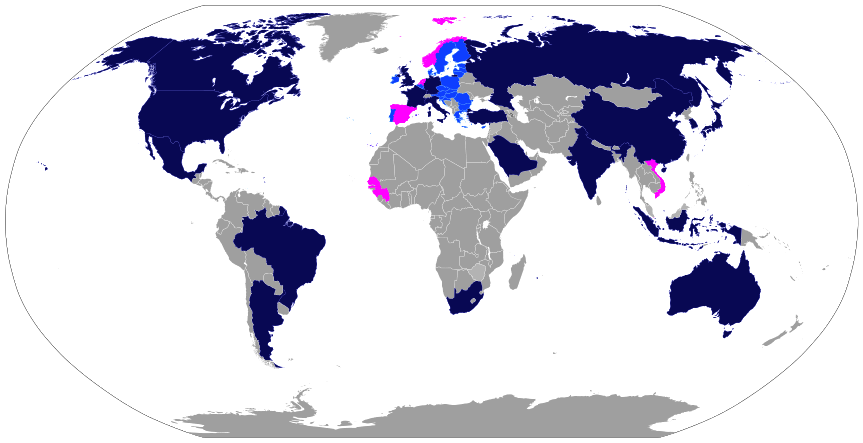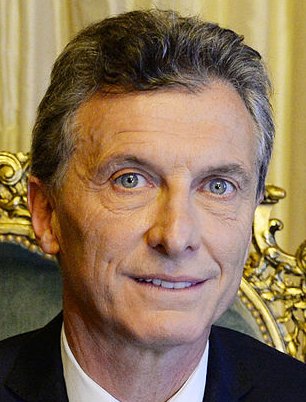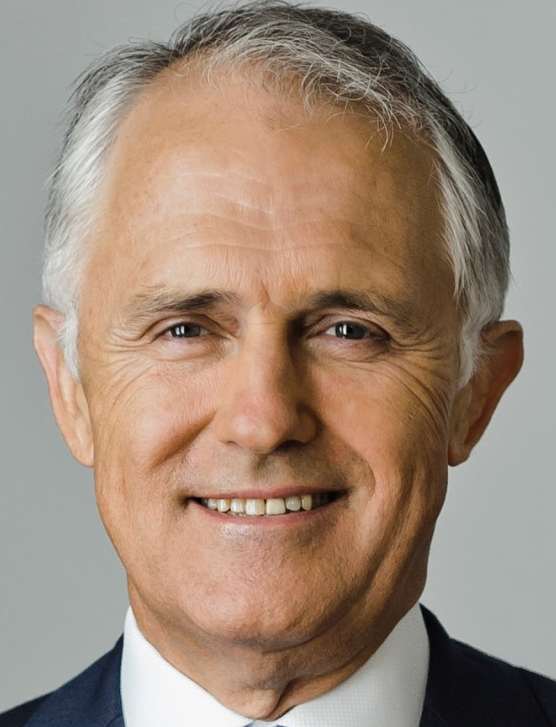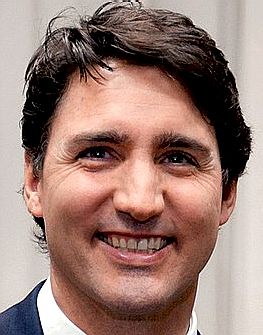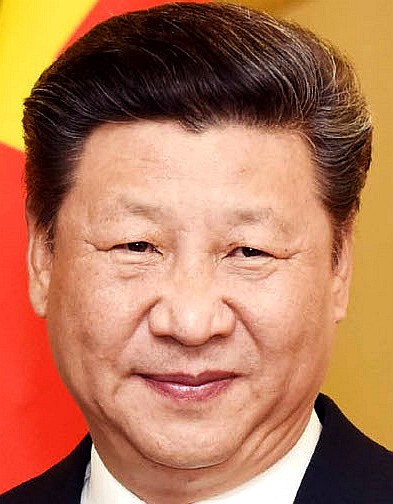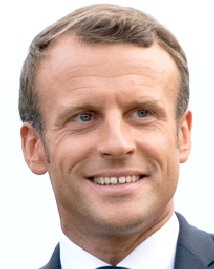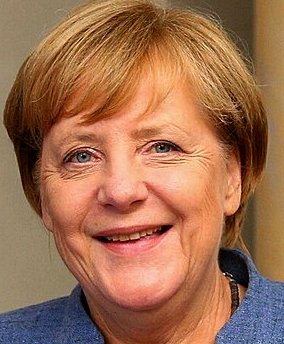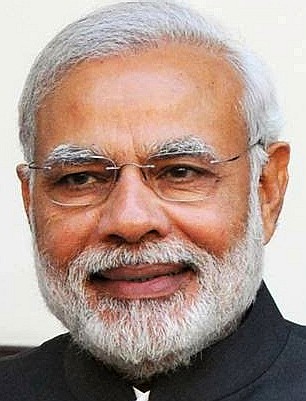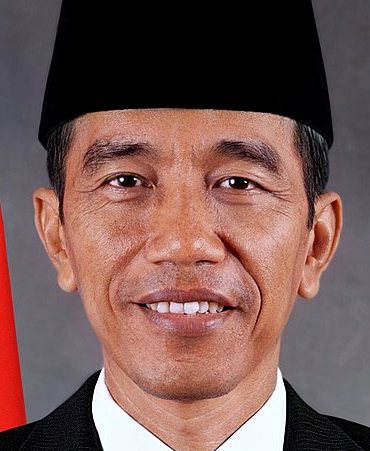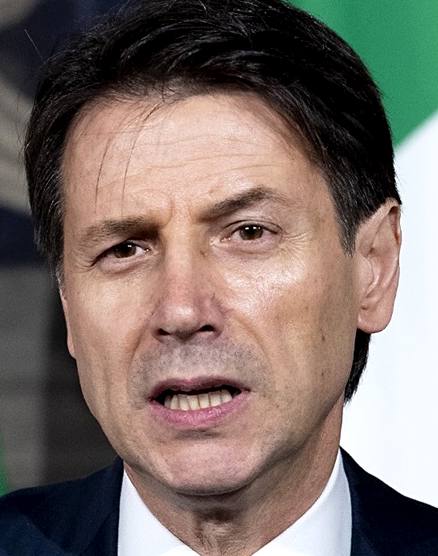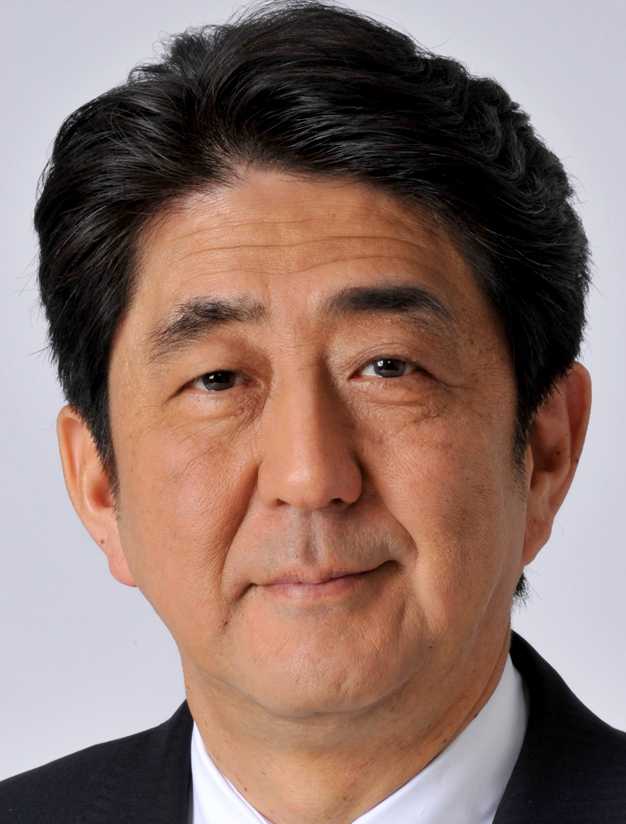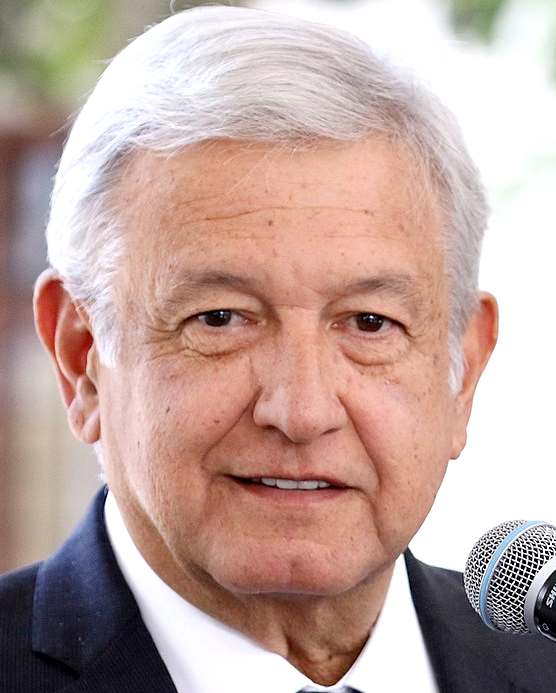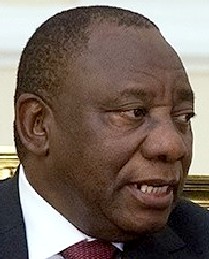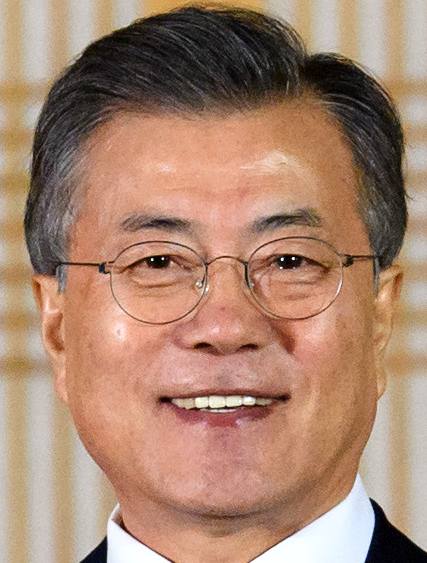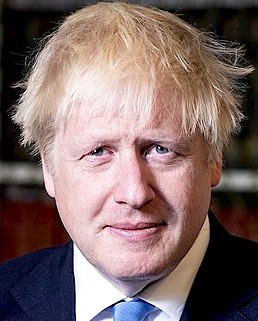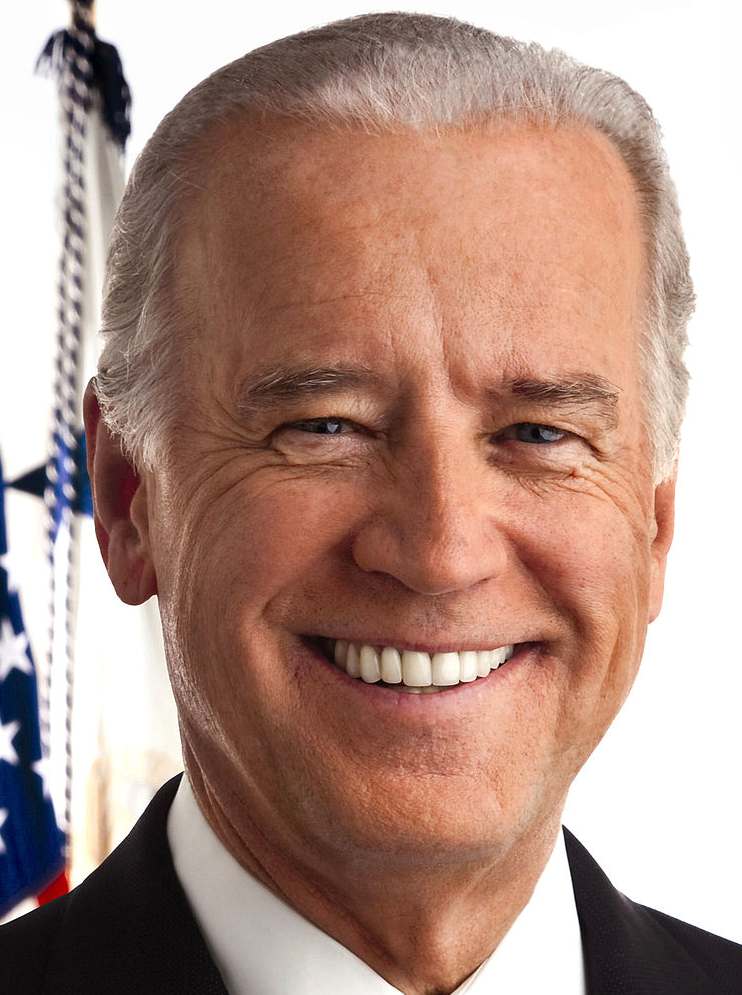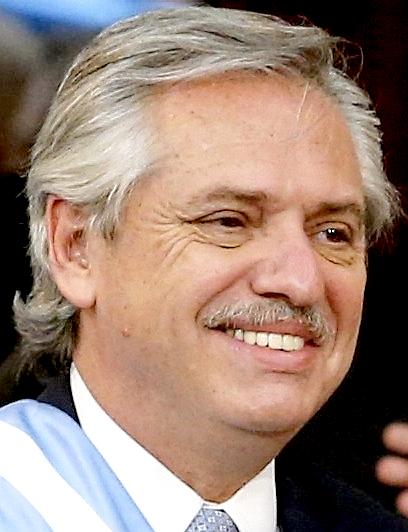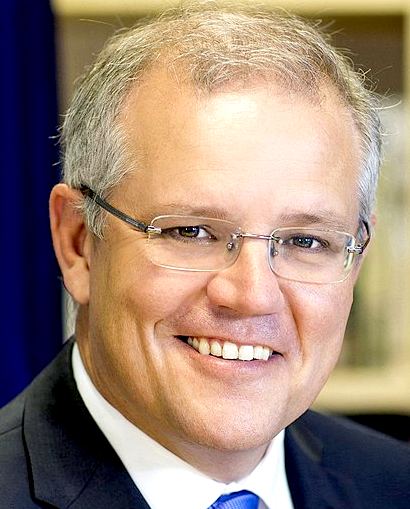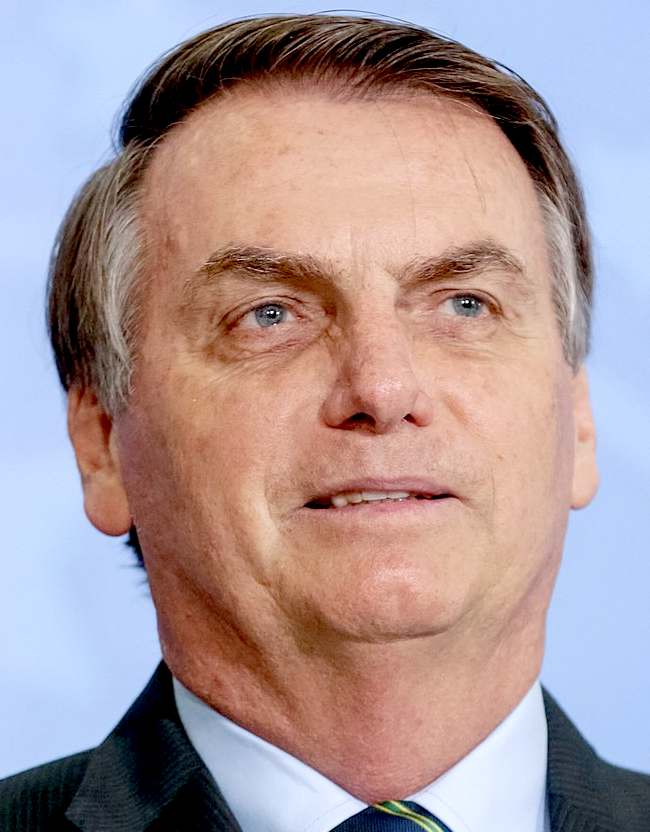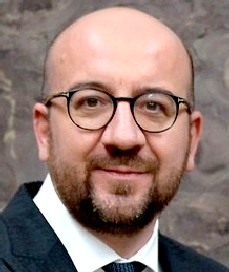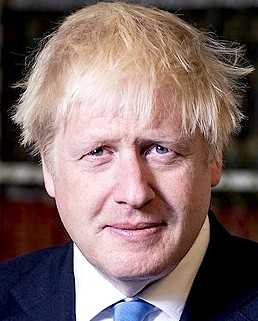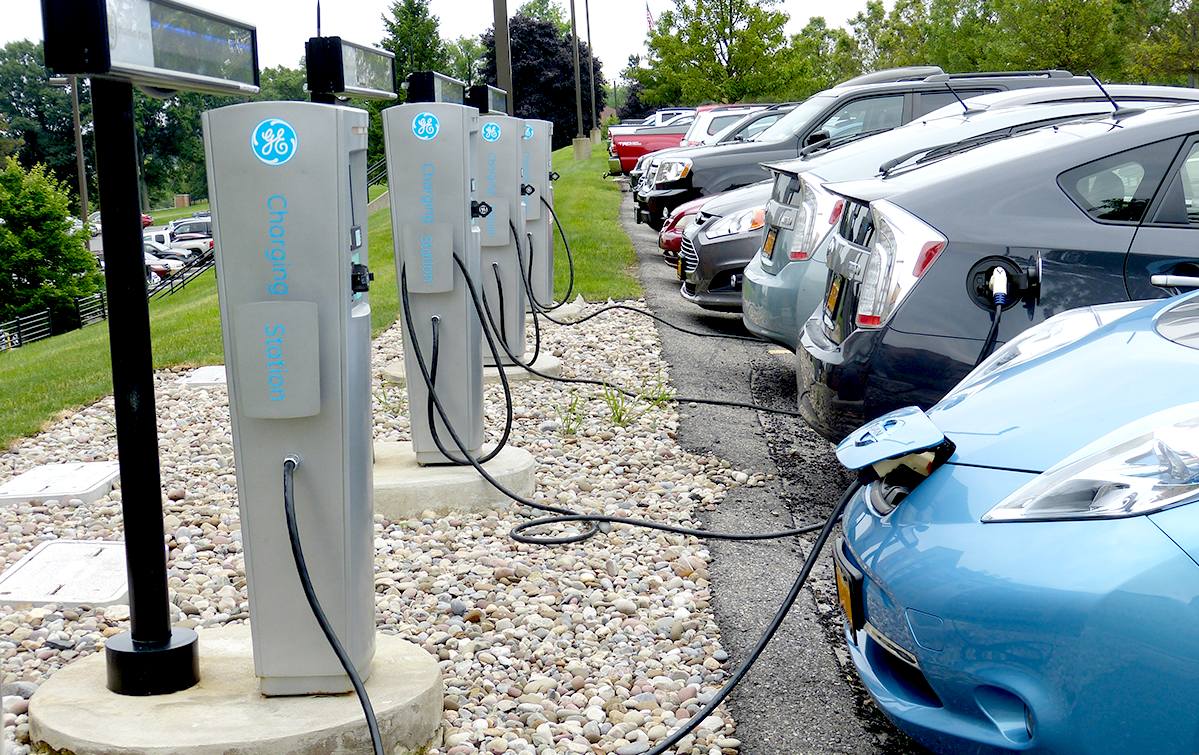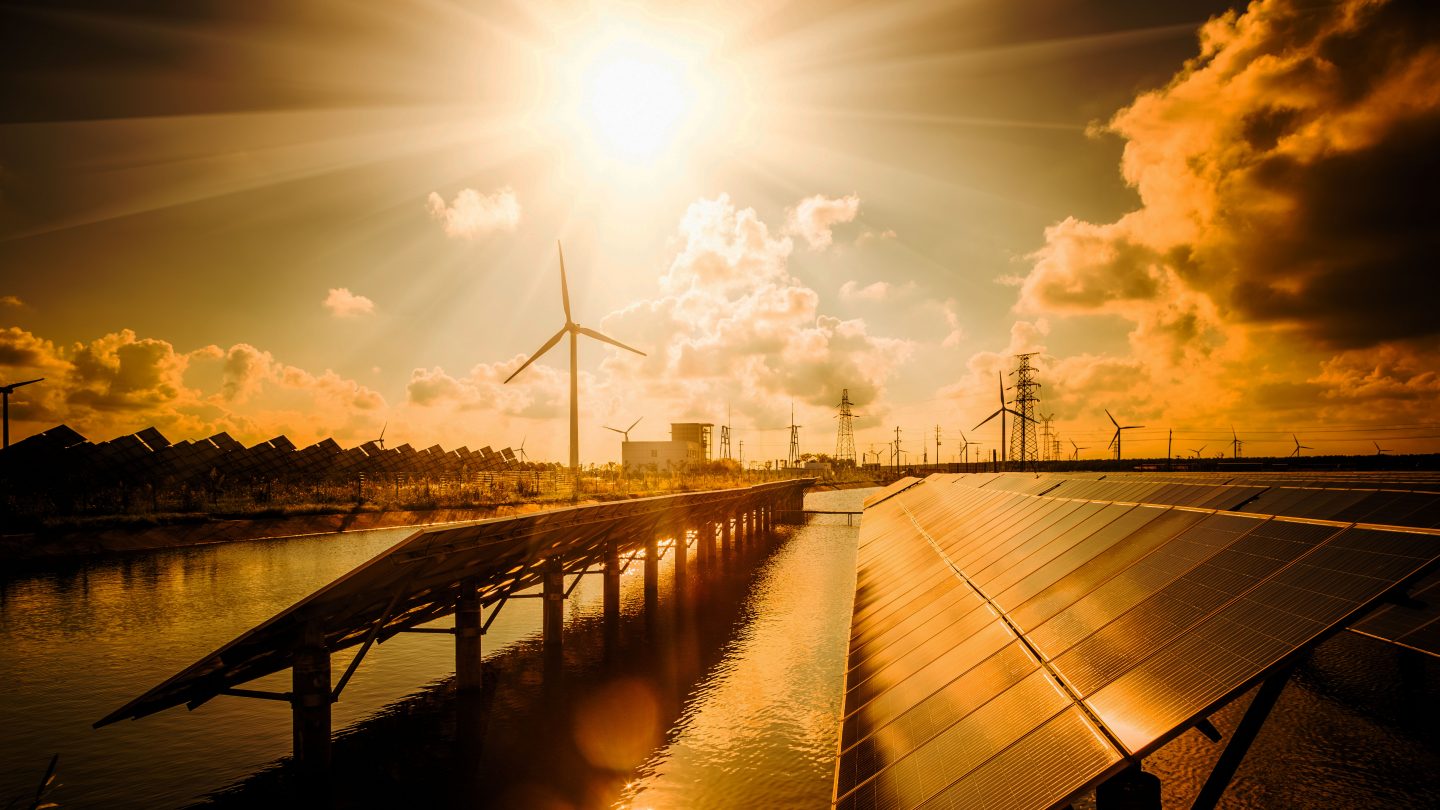|
ARGENTINA - G20 GLOBAL (WARMING) TWENTY
CHANGE - CLIMATE - CONTACTS - GROWTH - HOME - PLASTICS - TRANSPORT Please use our A-Z INDEX to navigate this site
|
|||||||||||||||||||||||||||||||||||||||||||||||||||||||||||||||||||||||||||||||||||||||||||||||||||||||||||||||||||||||||||||||||||||||||
ONE WORLD ONE AIM - In the role of guardians of your geographical regions, there is also a responsibility to develop circular economies that a sustainable society requires if we are not to burn planet earth out.
THE G20 HEADS OF STATE (2020) A - Z
Argentina is one of the top twenty countries of the world that could benefit from looking at ways of reducing climate change in the interests of slowing global warming, our melting ice caps, sea level rise and ocean acidity.
We may care to think otherwise, but we share one globe, a home for all of us facing the greatest technical challenges we have yet tackled as brothers and sisters of planet earth there are no borders. What neighbor countries trash today is your pollution problem tomorrow, and what we fail to clean up today as responsible parents is our children's legacy for generations to come.
The unique quality of humans is our ability to reason and be reasonable. Provided that the main industrial players in the world accept that greenhouse gas production and usage is linked to Gross Domestic Product in proportion to wealth creation, it is reasonable to expect that those with most to gain from climate research might want to contribute what they can afford to building a sustainable economy free of CO2, where such transition might also enhance energy security.
THE G20 HEADS OF STATE (2020) A - Z
SIX (SUGGESTED) STEPS TOWARD A COOLER PLANET
1. TRANSPORT: Phase out polluting vehicles. Governments aims to end the sale of new petrol, and diesel vehicles by 2040 but have no infrastructure plan to support such ambition. Marine transport can be carbon neutral.
2. RENEWABLES: Renewable energy should replace carbon-based fuels (coal, oil and gas) in our electricity, heating and transport.
3. HOUSING: On site micro or macro generation is the best option, starting with new build homes.
4. AGRICULTURE: We need trees to absorb carbon emissions from a growing population, flying, and to build new homes. Reducing food waste and promoting less energy intensive eating habits such as no meat Mondays.
5. INDUSTRY: Factories should be aiming for solar heating and onsite renewable energy generation.
6. POLITICS: - National governing bodies need to adopt rules to eliminate administrative wastages, to include scaling down spending on war machines, increasing spend on educating the public and supporting sustainable social policies that mesh with other cultures.
THE SLOW LANE - Given that in modern times we live fast lifestyles, is it realistic to ask motorists to wait 30 minutes for rapid charging? This not only strains the grid, but also damages batteries, and nobody has thirty minutes to waste - best case - worst case 4-8 hours. A truck size battery would take many more hours to (so-called) rapid charge. It is just not practical. Ignoring for now that there are no charging points along the streets in towns and cities, or at supermarkets. The solution is SMARTNET instant recharging. One size fits all. With such a system we can kiss goodbye to petrol and diesel carcinogens.
Where plug-in park & charge takes too long and strains national grids, Bluebird Energy Systems (BMS) is now working on transport infrastructure to provide instant recharging of electric vehicles, via swapping of energy cartridges. There are far too few charging points on the streets in the UK, (for example): 11,300 locations (31,500 plugs) for 32.5 million passenger cars in the UK.
At the present rate of road digging, this example country will never reach their targets for 2030 - 2050, despite the Infrastructure Act 2015 and Climate Change Act 2008. It is a logistical catastrophe in the making. Other G20 nations may have similar policy objectives, but the United Kingdom is the only country in 2020 with statute to underscore their political agenda. That is not to say that the remaining nineteen G20 members will not act expeditiously once the technology exists to to make it happen.
Cities remain cancerous incubators all the while diesel particulates are pumped into city streets. Electric buses and taxis could replace fossil fuels in public transport. Long range heavy haulage is also a possibility with instant energy cartridge exchanges.
This is how BMS envision implementation:
1. Define a 'Standard' for vehicle energy cartridges to accept batteries or (safe) hydrogen for fuel cells.
2. Design a SMART service station to handle the 'Standardized' energy cartridges for cars & trucks.
3. Use the SMART stations for load-levelling to store off-peak solar & wind electricity for peak demands.
4. Make electric cars cheaper to buy and operate with Pay As You Drive technology future proofing.
SMART service stations coupled with the proposed 'Universal' energy cartridge format, gives all nations an easy way to move to a hydrogen economy - should they wish to, where at the moment there is no such technological vehicle.
Lithium battery packs might be used interim, to drive forward sales of EVs, until the raw materials for such batteries are in short supply, when hydrogen becomes more attractive as the energy carrier. Standard cartridges may also support air-aluminium fuel cells and solid state batteries. Flexibility is the key.
A SOLAR & WIND POWERED FUTURE - Looking to a zero carbon world, where energy for life is available to everyone at affordable prices, and transport does not contribute significantly to global warming. These are part of the UN's Sustainability Development Goals.
The G20 (or G-20 or Group of Twenty) is an international forum for governments and central bank governors.
Founded in 1999, the G20 aims to discuss policy pertaining to the promotion of international financial stability. It seeks to address issues that go beyond the responsibilities of any one organization.
Japan hosted the 2019 summit. 2020 summit will be in Saudi Arabia. The Leaders’ Summit will be held on 21-22 November 2020 in Riyadh. In the run-up to the Summit, the Presidency will host more than 100 meetings and conferences, including ministerial meetings, as well as meetings of officials and representatives from civil society.
G20 GROSS DOMESTIC PRODUCT (GDP)
Gross domestic product (GDP) is the market value of all final goods and services from a nation in a given year. Countries are sorted by nominal GDP estimates from financial and statistical institutions, which are calculated at market or government official exchange rates. Nominal GDP does not take into account differences in the cost of living in different countries, and the results can vary greatly from one year to another based on fluctuations in the exchange rates of the country's currency. Such fluctuations may change a country's ranking from one year to the next, even though they often make little or no difference in the standard of living of its population. The figures quoted here are only a guide.
CLIMATE CHANGE MEETINGS OF THE PARTIES (COP)
1995
COP 1, BERLIN, GERMANY 2020 COP 26/CMP 16/CMA 3 Glasgow, Scotland (postponed) 2021 COP 26 - Glasgow, Scotland
The World needs a Climate Action Plan to coordinate the efforts of member nations in the quest for zero carbon shipping and zero carbon land vehicles.
STATE LEADERS 2020
Alberto Fernandez Andrés Manuel López Obrador Vladimir Putin Boris
Johnson Ursula von der Leyen
LINKS & REFERENCE
https://en.wikipedia.org/wiki/List_of_countries_by_GDP_(nominal) https://en.wikipedia.org/wiki/G20
|
|||||||||||||||||||||||||||||||||||||||||||||||||||||||||||||||||||||||||||||||||||||||||||||||||||||||||||||||||||||||||||||||||||||||||
|
This website is provided on a free basis as a public information service. Copyright © Cleaner Oceans Foundation Ltd (COFL) (Company No: 4674774) 2021. Solar Studios, BN271RF, United Kingdom. COFL is a charity without share capital.
|
